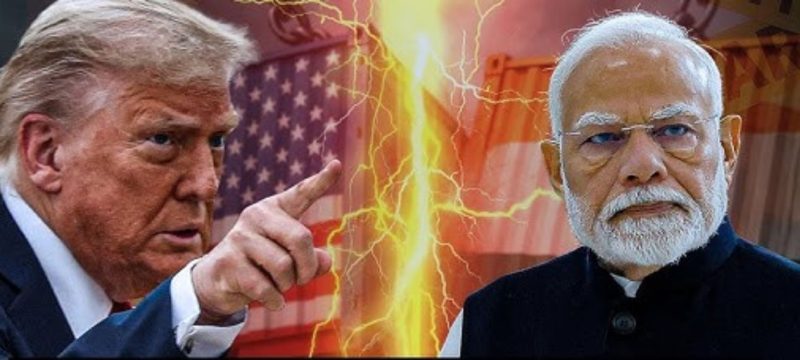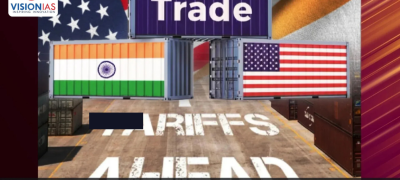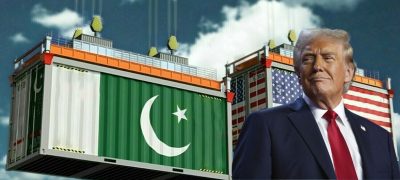Indian state refiners have paused their purchases of Russian oil over the past week due to narrowing discounts and growing concerns about tariffs. This move comes after U.S. President Donald Trump warned against buying oil from Moscow, signaling potential trade consequences for India.
India, the world’s third-largest oil importer, has long been the biggest buyer of seaborne Russian crude.
Key state-owned refiners, including Indian Oil Corp (IOC), Hindustan Petroleum Corp (HPCL), Bharat Petroleum Corp (BPCL), and Mangalore Refinery Petrochemical Ltd (MRPL), have stopped seeking Russian crude, according to industry sources familiar with the situation.
These companies typically purchase Russian oil on a delivered basis, but with increasing uncertainty over tariffs, they have turned to spot markets for alternative supplies. Most of their replacements have come from Middle Eastern sources, such as Abu Dhabi’s Murban crude and oil from West Africa.
Private refiners, like Reliance Industries and Nayara Energy, continue to be the largest buyers of Russian oil in India. However, state refiners control more than 60% of the country’s total refining capacity, which stands at 5.2 million barrels per day.
The decision to pause Russian oil imports follows a significant warning from President Trump on July 14. Trump threatened to impose a 100% tariff on countries purchasing Russian oil unless Moscow reaches a major peace deal with Ukraine.
In a tweet, he specifically mentioned India, accusing the country of having some of the highest tariffs in the world. He further stated that India would face a 25% tariff, plus a penalty, starting on August 1, 2025, unless it takes steps to address U.S. concerns.
Trump’s comments also highlighted the substantial trade deficit the U.S. faces with India, and he pointed out that India’s long-standing defense ties with Russia were a key issue.
The tariffs and penalties appear to be part of a broader strategy to address trade imbalances and force India to open its markets to more equitable trade practices.
As the global oil market faces heightened tensions and shifting supply dynamics, the impact of these potential tariffs remains to be seen.
India, a major player in the global oil import market, will need to carefully navigate its relations with both the U.S. and Russia to avoid further economic consequences.
In other news read more about GIFT Nifty Plunges Over 170 Points Following Trump’s 25% Tariff on India





